Home / trending / Supreme Court Judges to Visit Manipur Relief Camps on March 22 for Legal and Humanitarian Aid
Supreme Court Judges to Visit Manipur Relief Camps on March 22 for Legal and Humanitarian Aid
By: My India Times
3 minutes read 77Updated At: 2025-03-19

Introduction In a significant move towards addressing the humanitarian crisis in Manipur, six Supreme Court judges, led by Justice B.R. Gavai, will visit relief camps on March 22. This visit, initiated by the National Legal Services Authority (NALSA), aims to extend legal and humanitarian support to those affected by months of ethnic violence in the state. The initiative underscores the judiciary's commitment to upholding justice and ensuring relief for displaced individuals.
Background: The Ethnic Crisis in Manipur Manipur has been grappling with ethnic violence for months, leading to large-scale displacement and loss of livelihoods. The unrest has created a dire humanitarian situation, with thousands of individuals seeking refuge in relief camps. The role of the Supreme Court in addressing such crises has been crucial in ensuring legal aid, rehabilitation, and protection of fundamental rights.
The Role of NALSA in Humanitarian Efforts The National Legal Services Authority (NALSA) is a statutory body dedicated to providing free legal services to underprivileged individuals. Its involvement in Manipur’s crisis highlights the importance of legal aid in conflict zones. Through legal awareness, counseling, and assistance in documentation, NALSA seeks to empower victims and help them rebuild their lives.
Objectives of the Supreme Court Judges’ Visit The scheduled visit by the six-judge delegation has multiple objectives:
Assessing Ground Realities: The judges aim to evaluate the living conditions in relief camps firsthand.
Legal Awareness and Aid: Victims will be informed about their legal rights and provided with assistance in filing complaints or seeking justice.
Humanitarian Support: The judiciary's engagement emphasizes the importance of justice in humanitarian crises, ensuring that displaced persons are not neglected.
Policy Recommendations: Insights from the visit could contribute to policy changes and rehabilitation measures.
Challenges Faced by Relief Camp Residents The displaced individuals in relief camps are struggling with numerous challenges, including:
Lack of Basic Amenities: Food, clean drinking water, and healthcare facilities remain inadequate.
Legal Barriers: Many victims lack proper documentation to claim compensation and rehabilitation benefits.
Psychosocial Impact: Trauma from the violence has led to mental health issues among survivors.
Safety Concerns: Security remains a major issue, with many fearing further violence or displacement.
Judiciary’s Role in Restoring Normalcy The visit by the Supreme Court judges highlights the judiciary's proactive role in addressing humanitarian issues. The Supreme Court has previously intervened in human rights cases, ensuring justice and relief for affected communities. This visit reaffirms the judiciary’s commitment to safeguarding fundamental rights and upholding the Constitution.
Government and Judicial Collaboration for Relief Efforts While the judiciary’s role is crucial, collaboration with the government and NGOs is essential for holistic rehabilitation. Some key measures that can be implemented include:
Expediting Legal Proceedings: Fast-tracking cases related to displacement and violence can ensure swift justice.
Strengthening Relief Measures: Improved coordination between the judiciary and government agencies can enhance relief efforts.
Community Reconciliation Programs: Addressing ethnic tensions through dialogue and conflict resolution initiatives is vital.
The Broader Implications of the Visit The Supreme Court judges’ visit to Manipur sets a precedent for judicial involvement in humanitarian crises. It also sheds light on the need for legal assistance in conflict zones, reinforcing the significance of justice in post-conflict rehabilitation.
Conclusion The upcoming visit by the Supreme Court judges to Manipur's relief camps on March 22 is a crucial step in addressing the legal and humanitarian needs of displaced individuals. Their intervention will not only provide much-needed legal assistance but also reinforce the judiciary’s role in protecting fundamental rights. As Manipur continues its journey towards stability, such efforts will play a significant role in restoring peace and justice.
....Introduction In a significant move towards addressing the humanitarian crisis in Manipur, six Supreme Court judges, led by Justice B.R. Gavai, will visit relief camps on March 22. This visit, initiated by the National Legal Services Authority (NALSA), aims to extend legal and humanitarian support to those affected by months of ethnic violence in the state. The initiative underscores the judiciary's commitment to upholding justice and ensuring relief for displaced individuals.
Background: The Ethnic Crisis in Manipur Manipur has been grappling with ethnic violence for months, leading to large-scale displacement and loss of livelihoods. The unrest has created a dire humanitarian situation, with thousands of individuals seeking refuge in relief camps. The role of the Supreme Court in addressing such crises has been crucial in ensuring legal aid, rehabilitation, and protection of fundamental rights.
The Role of NALSA in Humanitarian Efforts The National Legal Services Authority (NALSA) is a statutory body dedicated to providing free legal services to underprivileged individuals. Its involvement in Manipur’s crisis highlights the importance of legal aid in conflict zones. Through legal awareness, counseling, and assistance in documentation, NALSA seeks to empower victims and help them rebuild their lives.
Objectives of the Supreme Court Judges’ Visit The scheduled visit by the six-judge delegation has multiple objectives:
Assessing Ground Realities: The judges aim to evaluate the living conditions in relief camps firsthand.
Legal Awareness and Aid: Victims will be informed about their legal rights and provided with assistance in filing complaints or seeking justice.
Humanitarian Support: The judiciary's engagement emphasizes the importance of justice in humanitarian crises, ensuring that displaced persons are not neglected.
Policy Recommendations: Insights from the visit could contribute to policy changes and rehabilitation measures.
Challenges Faced by Relief Camp Residents The displaced individuals in relief camps are struggling with numerous challenges, including:
Lack of Basic Amenities: Food, clean drinking water, and healthcare facilities remain inadequate.
Legal Barriers: Many victims lack proper documentation to claim compensation and rehabilitation benefits.
Psychosocial Impact: Trauma from the violence has led to mental health issues among survivors.
Safety Concerns: Security remains a major issue, with many fearing further violence or displacement.
Judiciary’s Role in Restoring Normalcy The visit by the Supreme Court judges highlights the judiciary's proactive role in addressing humanitarian issues. The Supreme Court has previously intervened in human rights cases, ensuring justice and relief for affected communities. This visit reaffirms the judiciary’s commitment to safeguarding fundamental rights and upholding the Constitution.
Government and Judicial Collaboration for Relief Efforts While the judiciary’s role is crucial, collaboration with the government and NGOs is essential for holistic rehabilitation. Some key measures that can be implemented include:
Expediting Legal Proceedings: Fast-tracking cases related to displacement and violence can ensure swift justice.
Strengthening Relief Measures: Improved coordination between the judiciary and government agencies can enhance relief efforts.
Community Reconciliation Programs: Addressing ethnic tensions through dialogue and conflict resolution initiatives is vital.
The Broader Implications of the Visit The Supreme Court judges’ visit to Manipur sets a precedent for judicial involvement in humanitarian crises. It also sheds light on the need for legal assistance in conflict zones, reinforcing the significance of justice in post-conflict rehabilitation.
Conclusion The upcoming visit by the Supreme Court judges to Manipur's relief camps on March 22 is a crucial step in addressing the legal and humanitarian needs of displaced individuals. Their intervention will not only provide much-needed legal assistance but also reinforce the judiciary’s role in protecting fundamental rights. As Manipur continues its journey towards stability, such efforts will play a significant role in restoring peace and justice.
By: My India Times
Updated At: 2025-03-19
Tags: trending News | My India Times News | Trending News | Travel News
Join our WhatsApp Channel

Similiar News
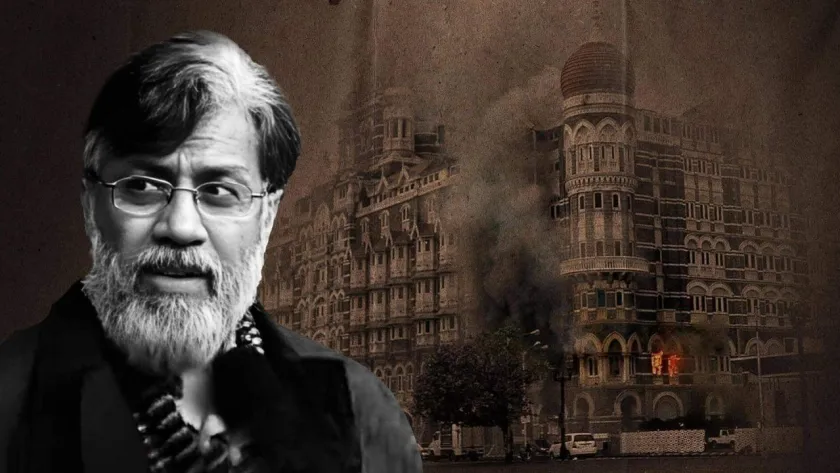
US Supreme Court Rejects 26/11 Accused Tahawwur Rana’s Plea to Block Extradition to India
2025-03-08
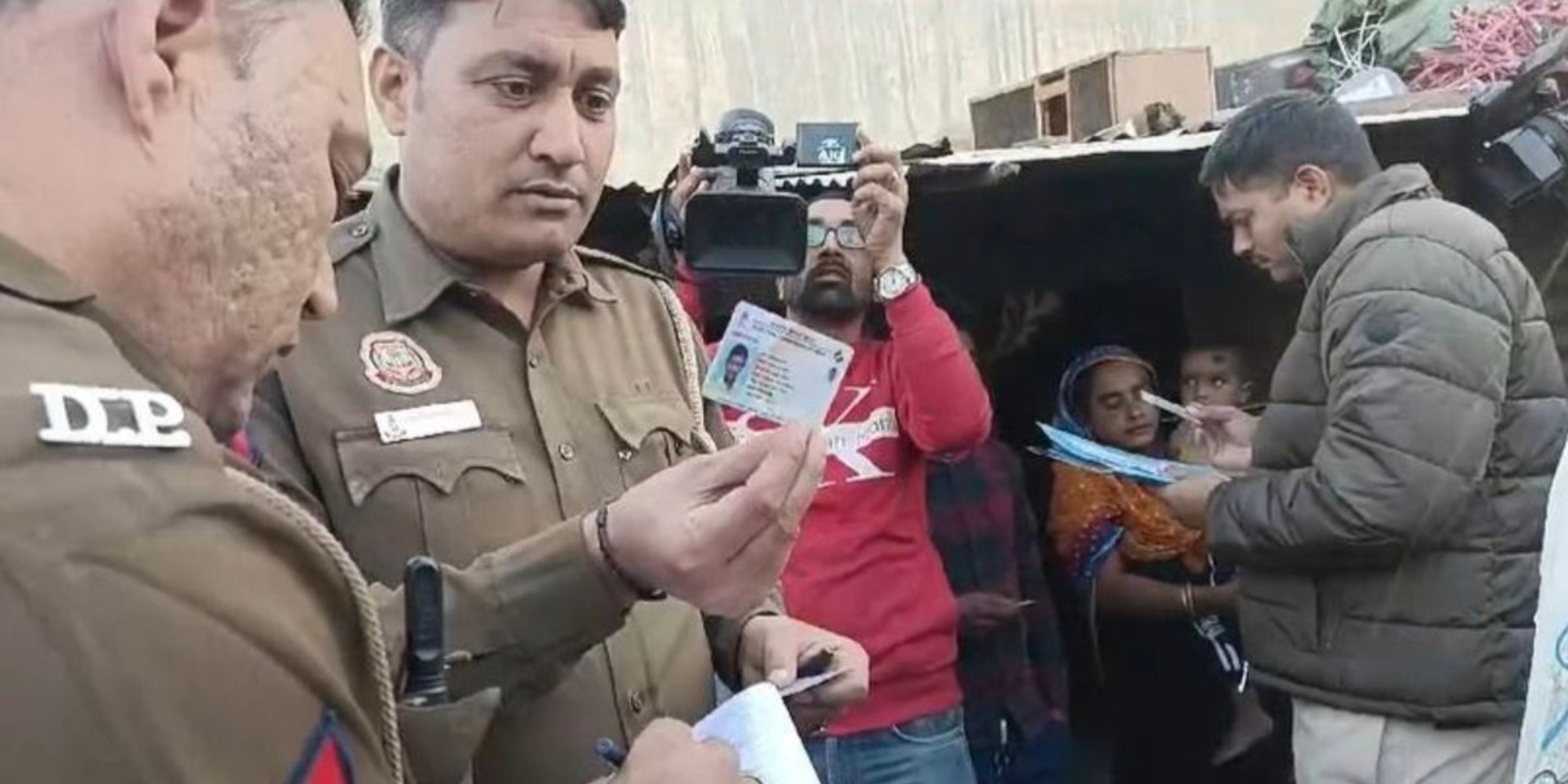


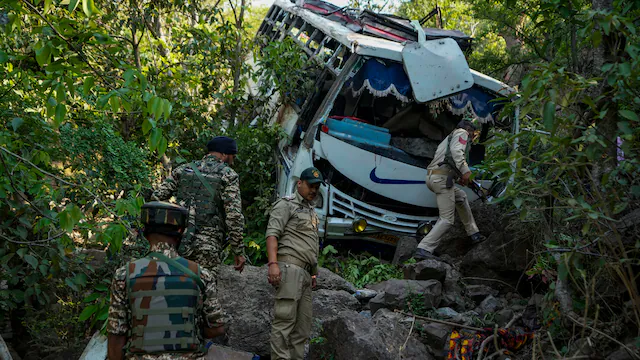


















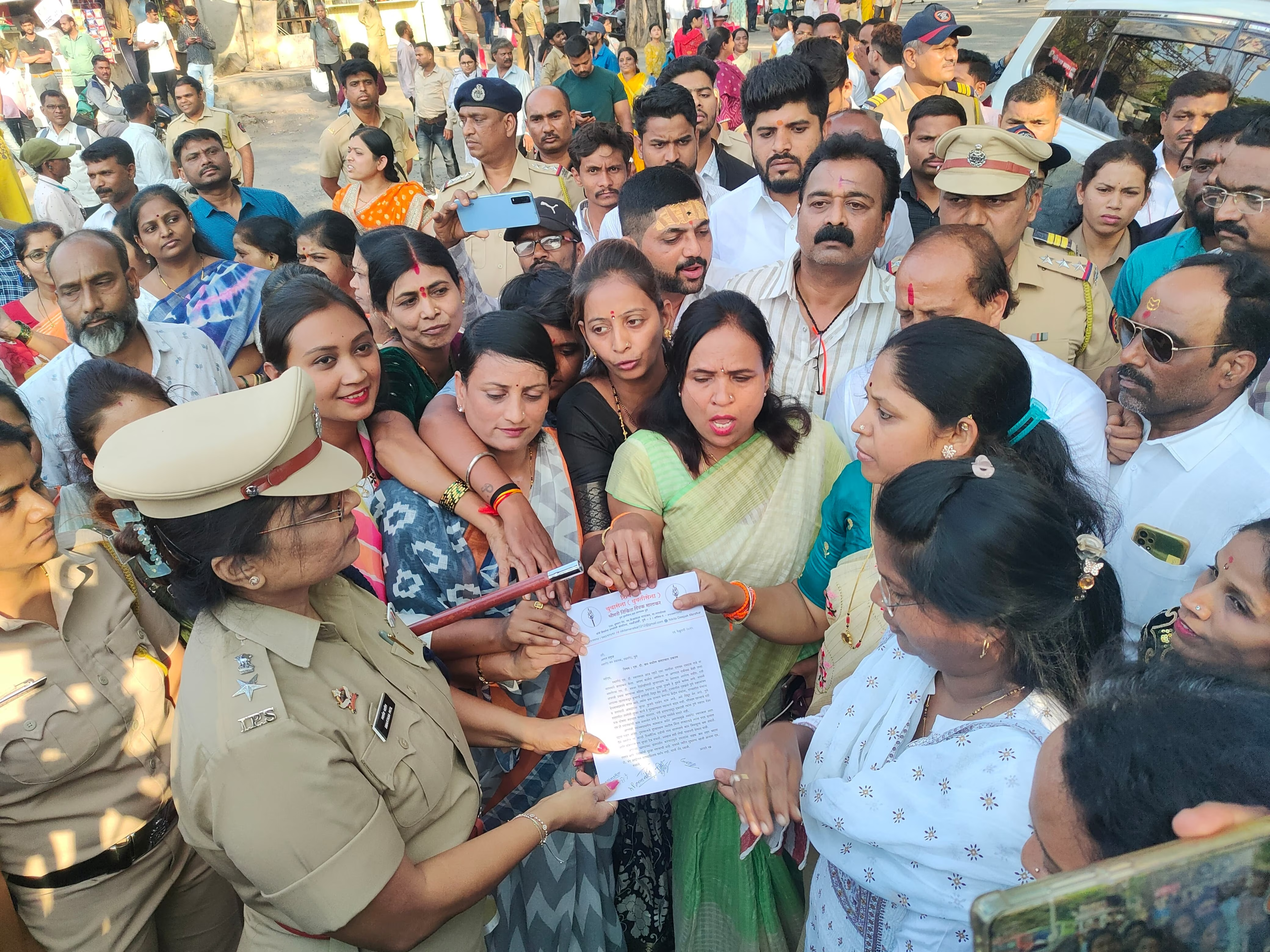

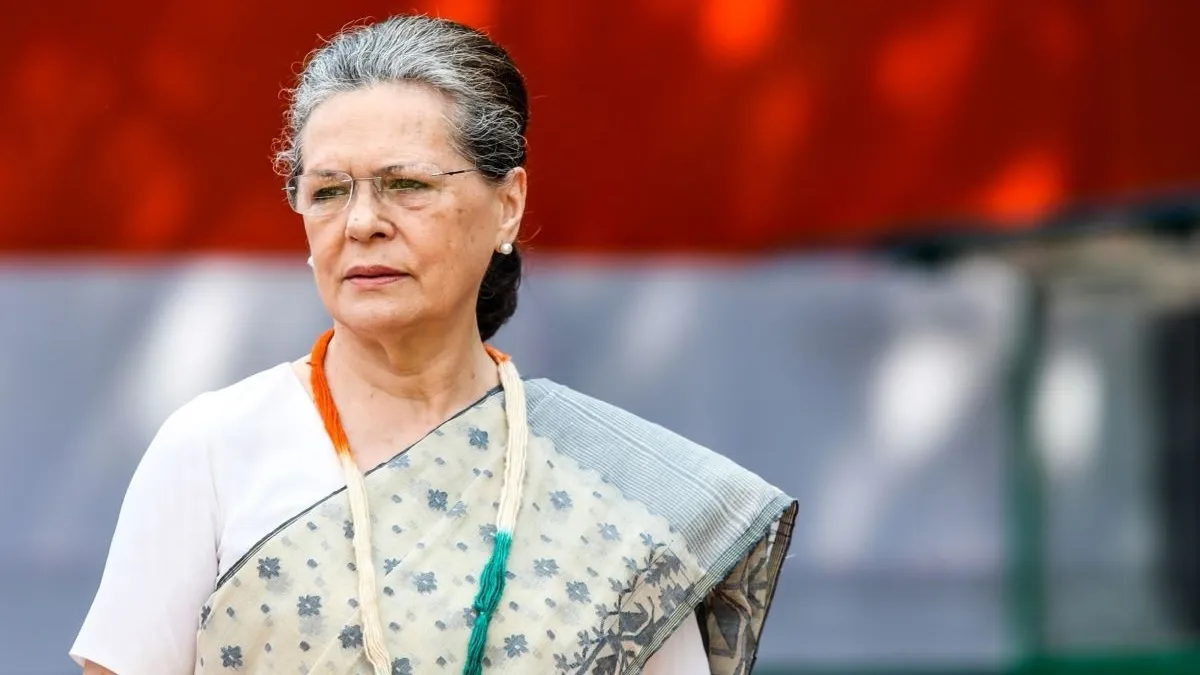

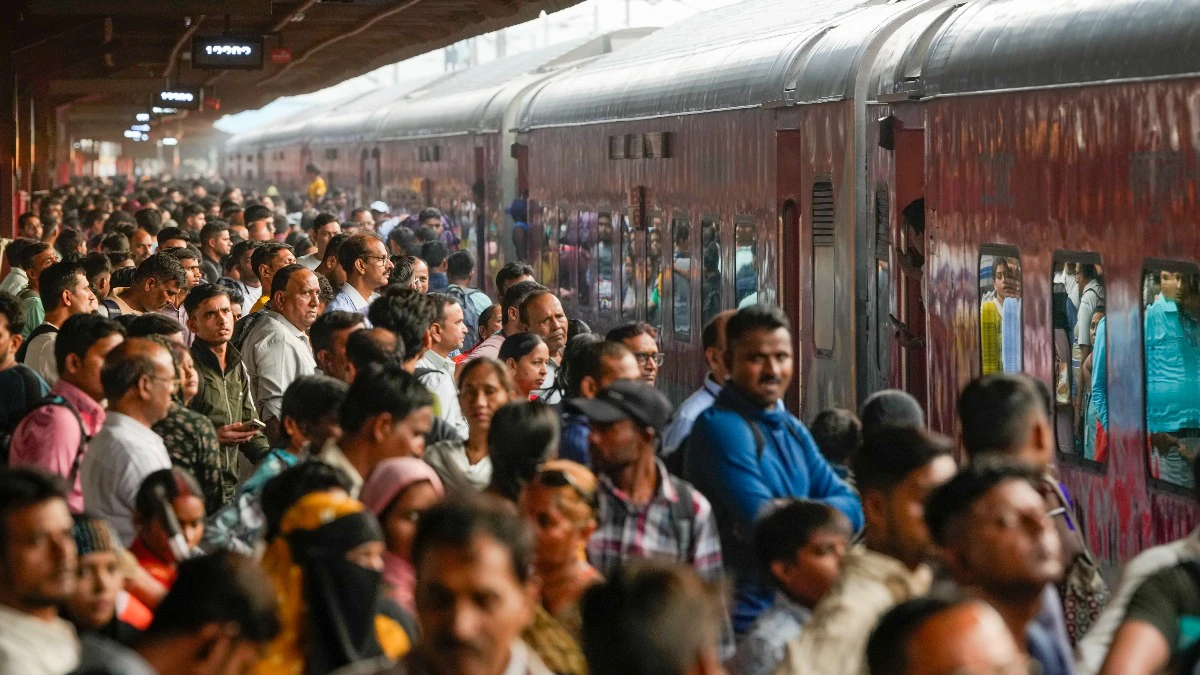
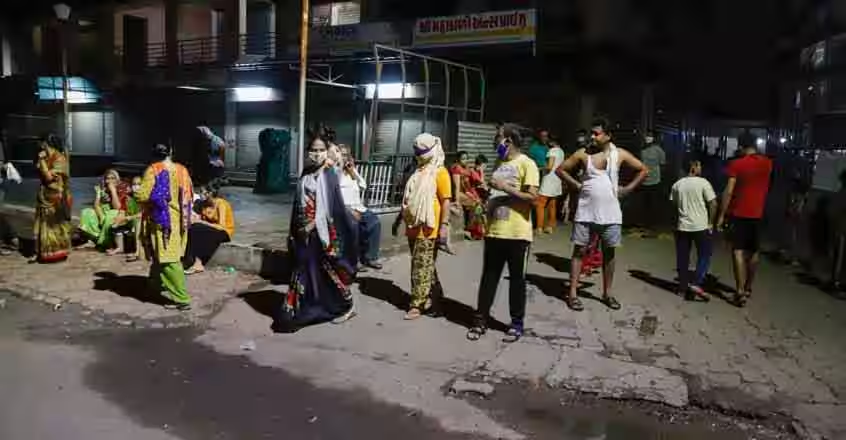






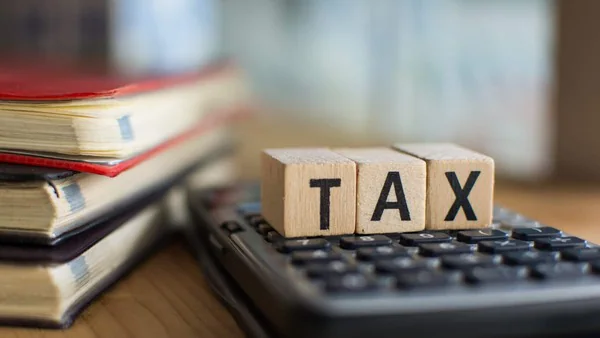

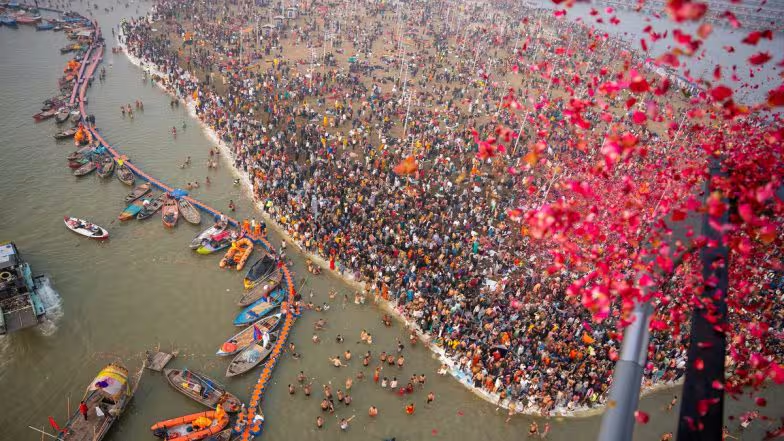



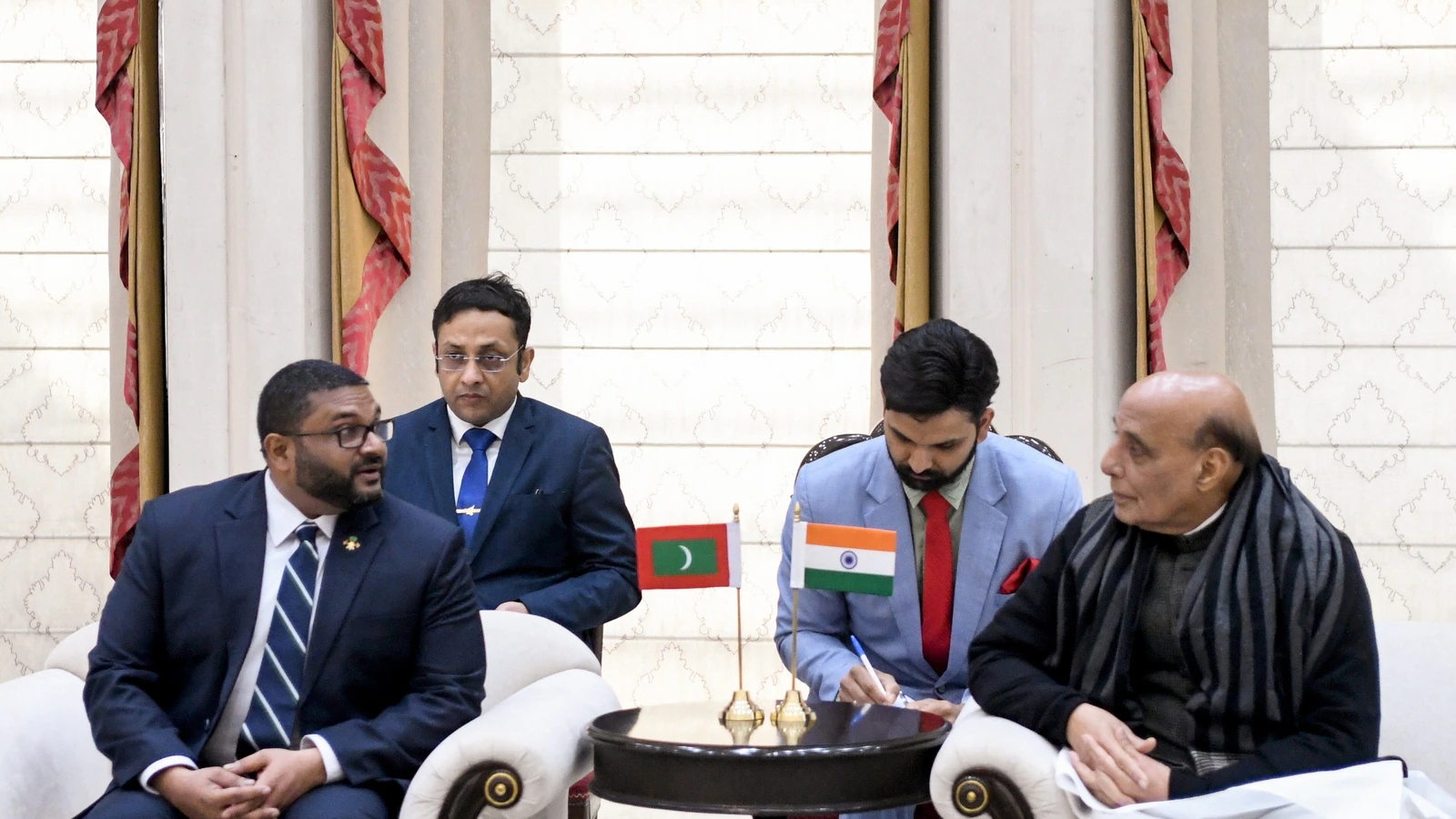

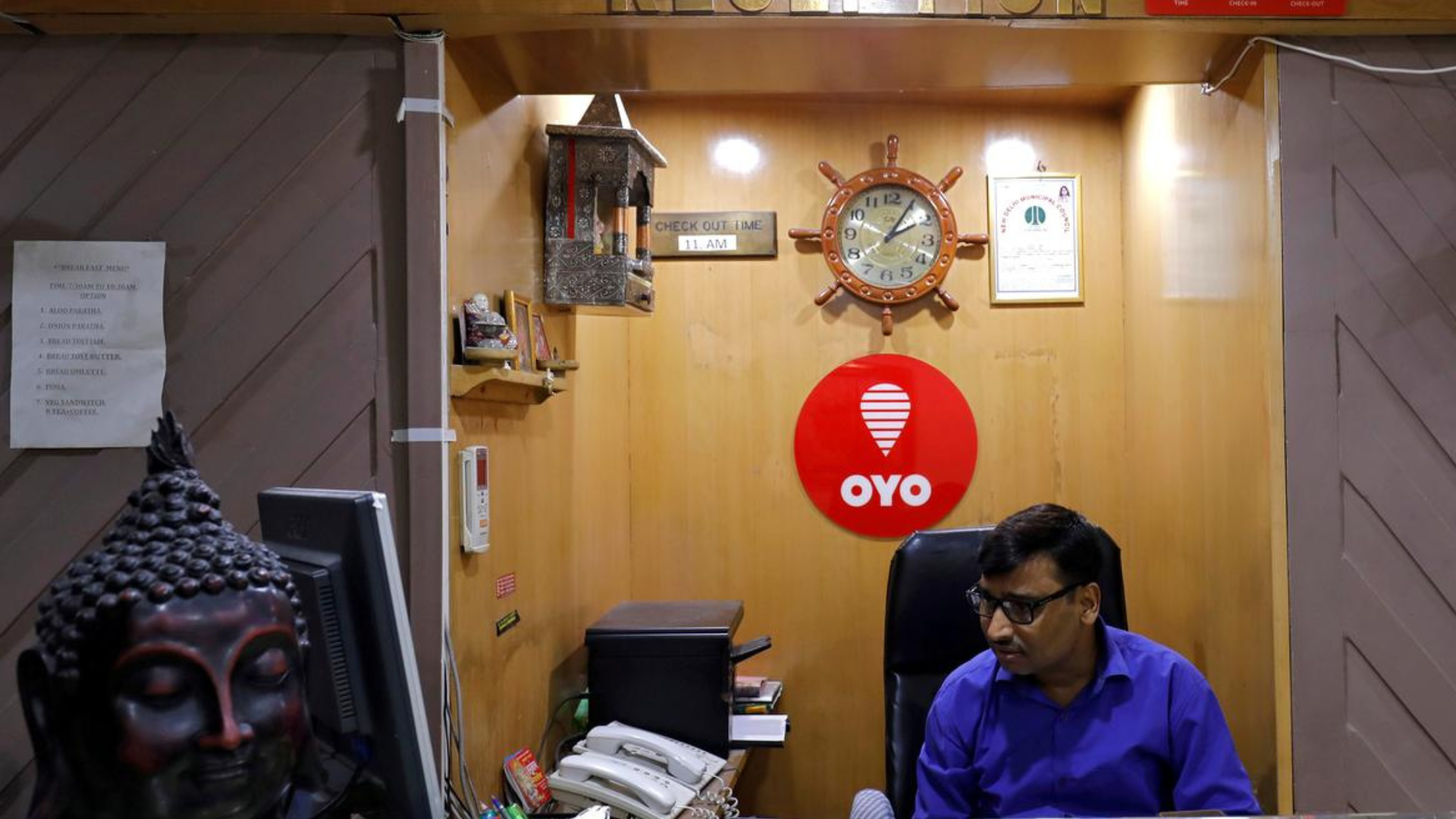
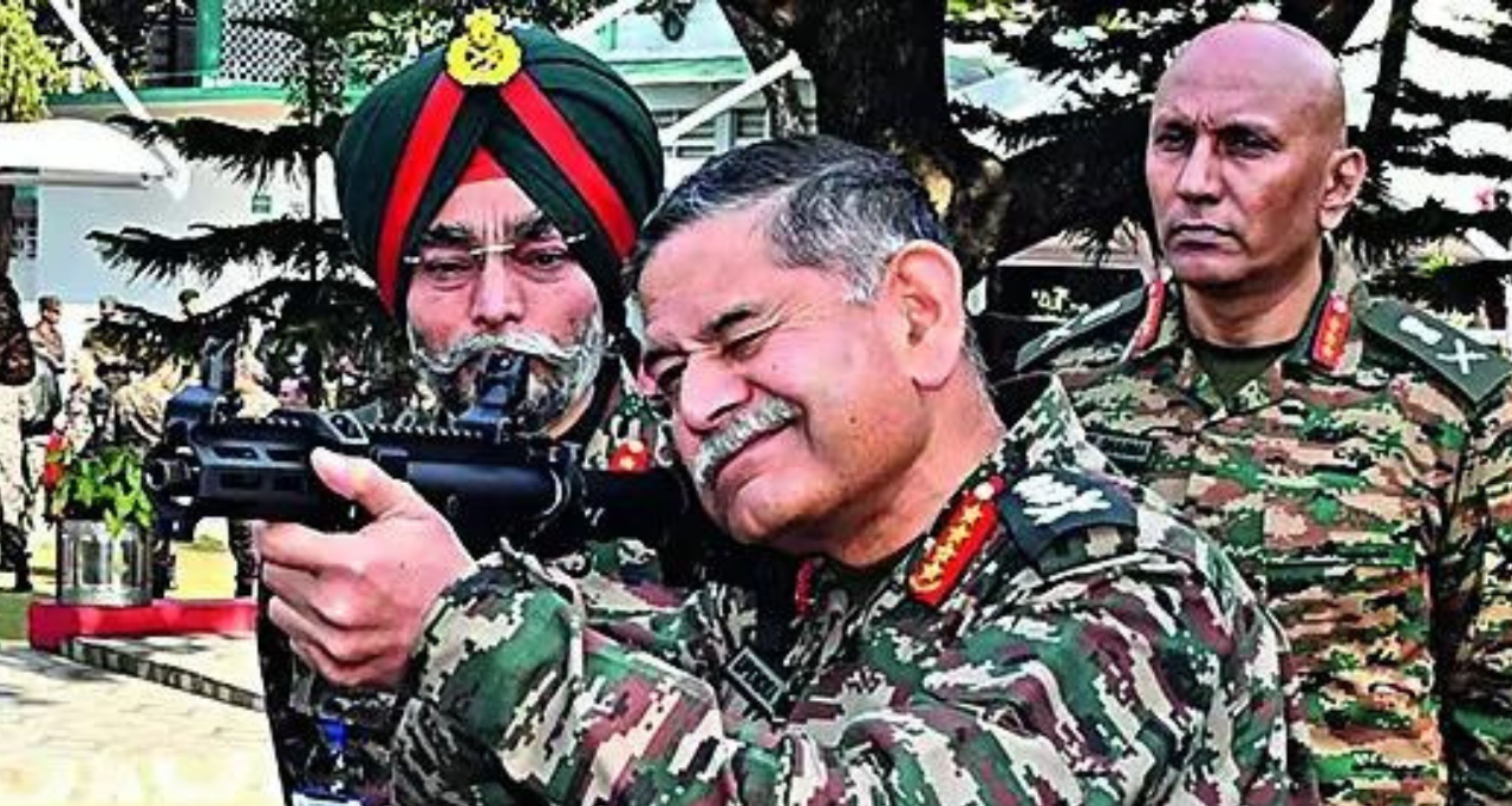
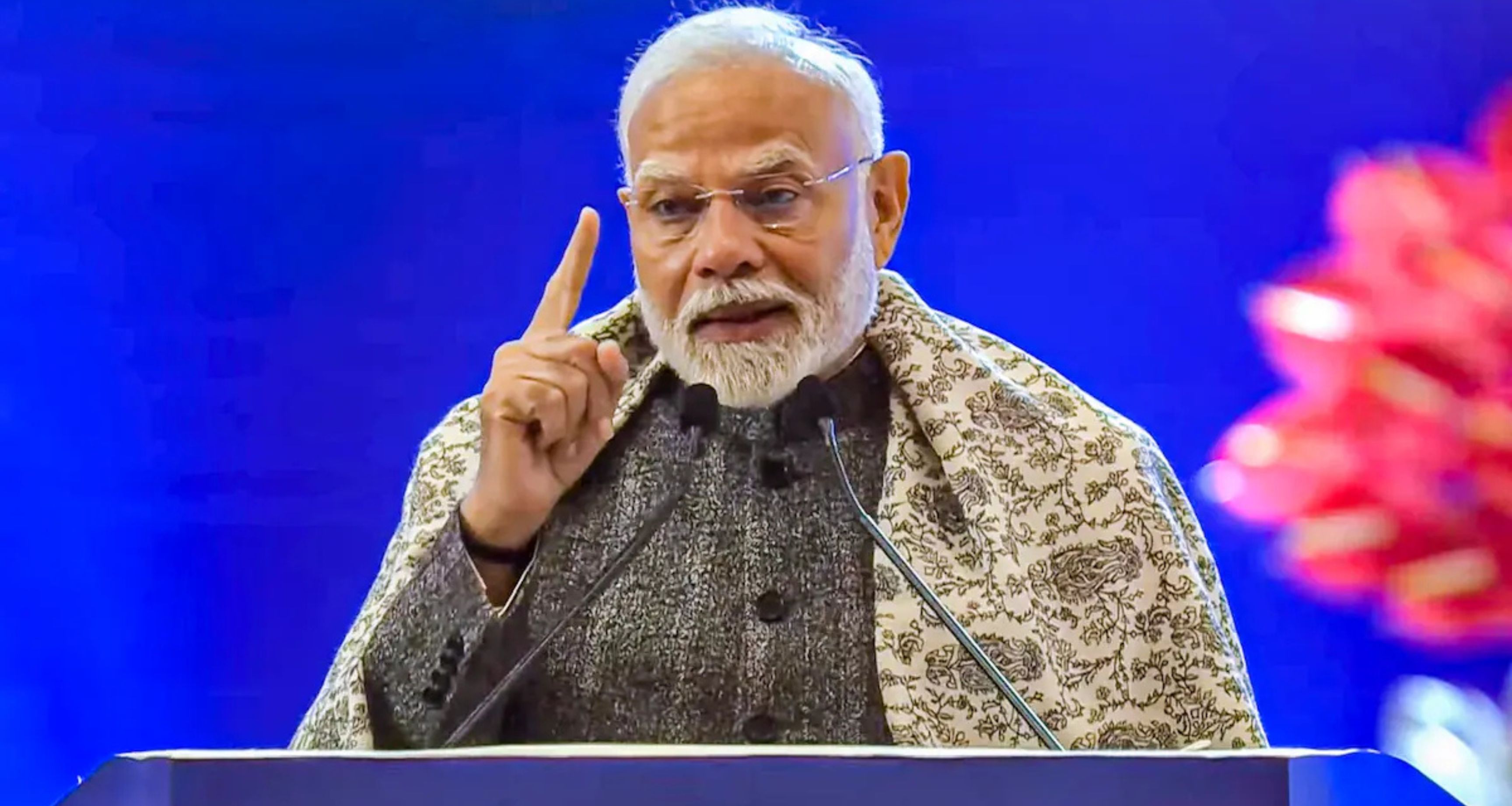
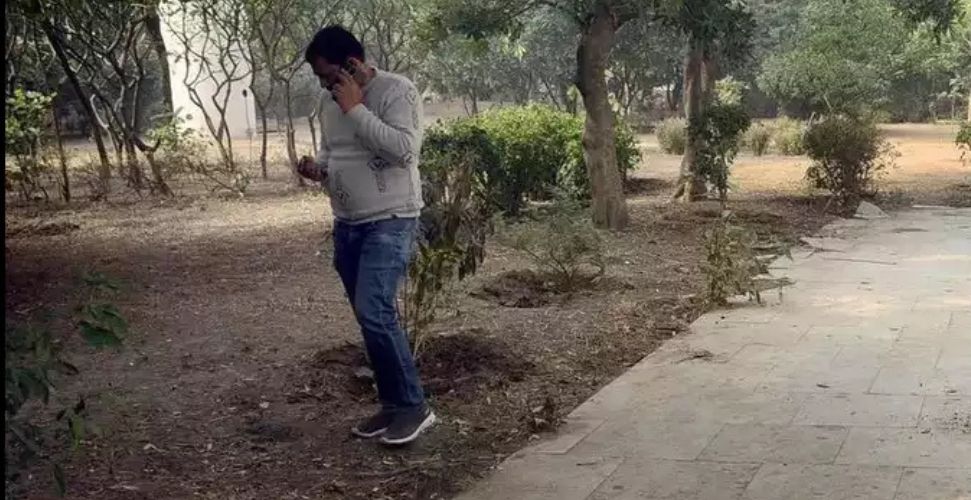

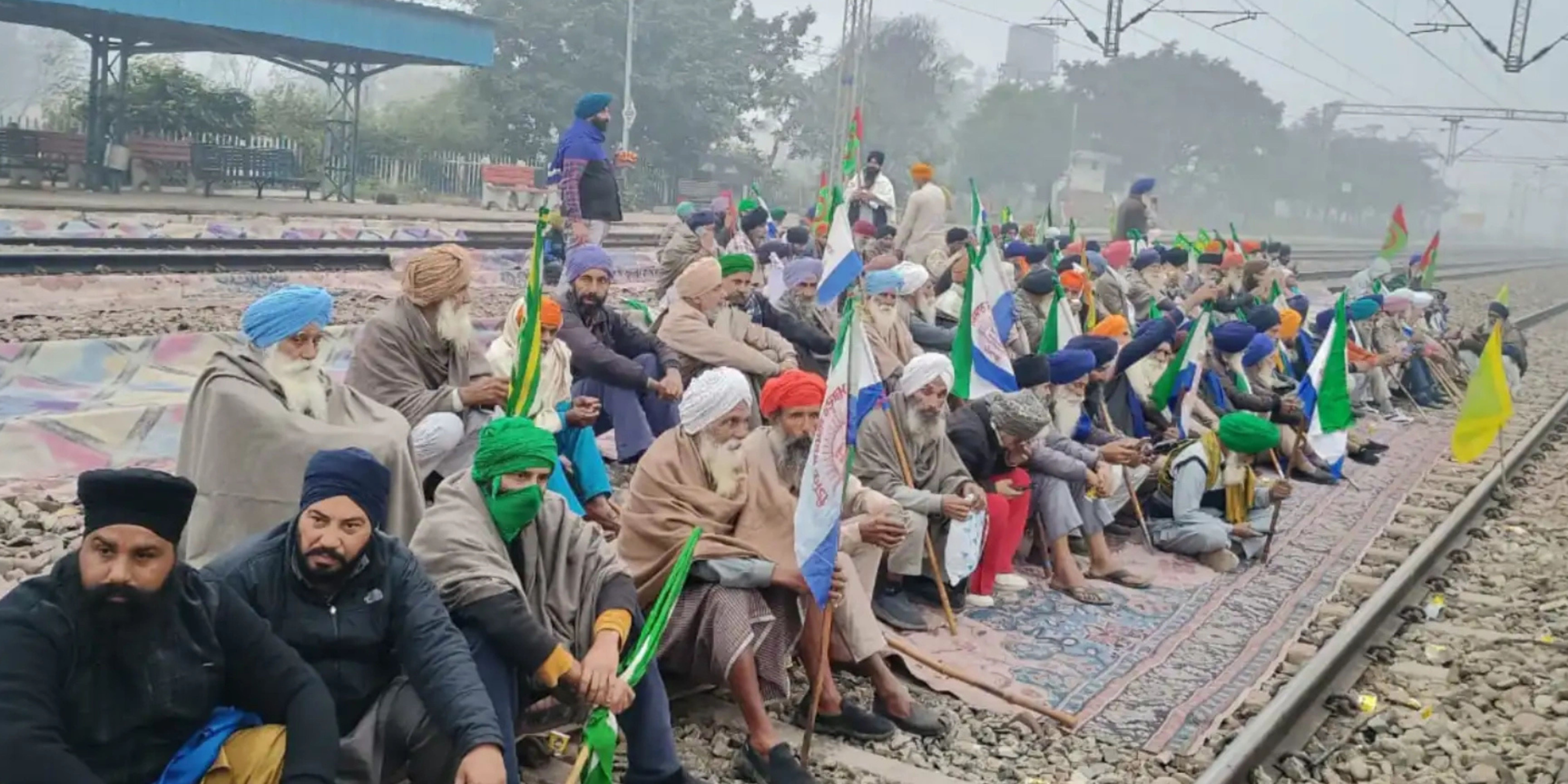
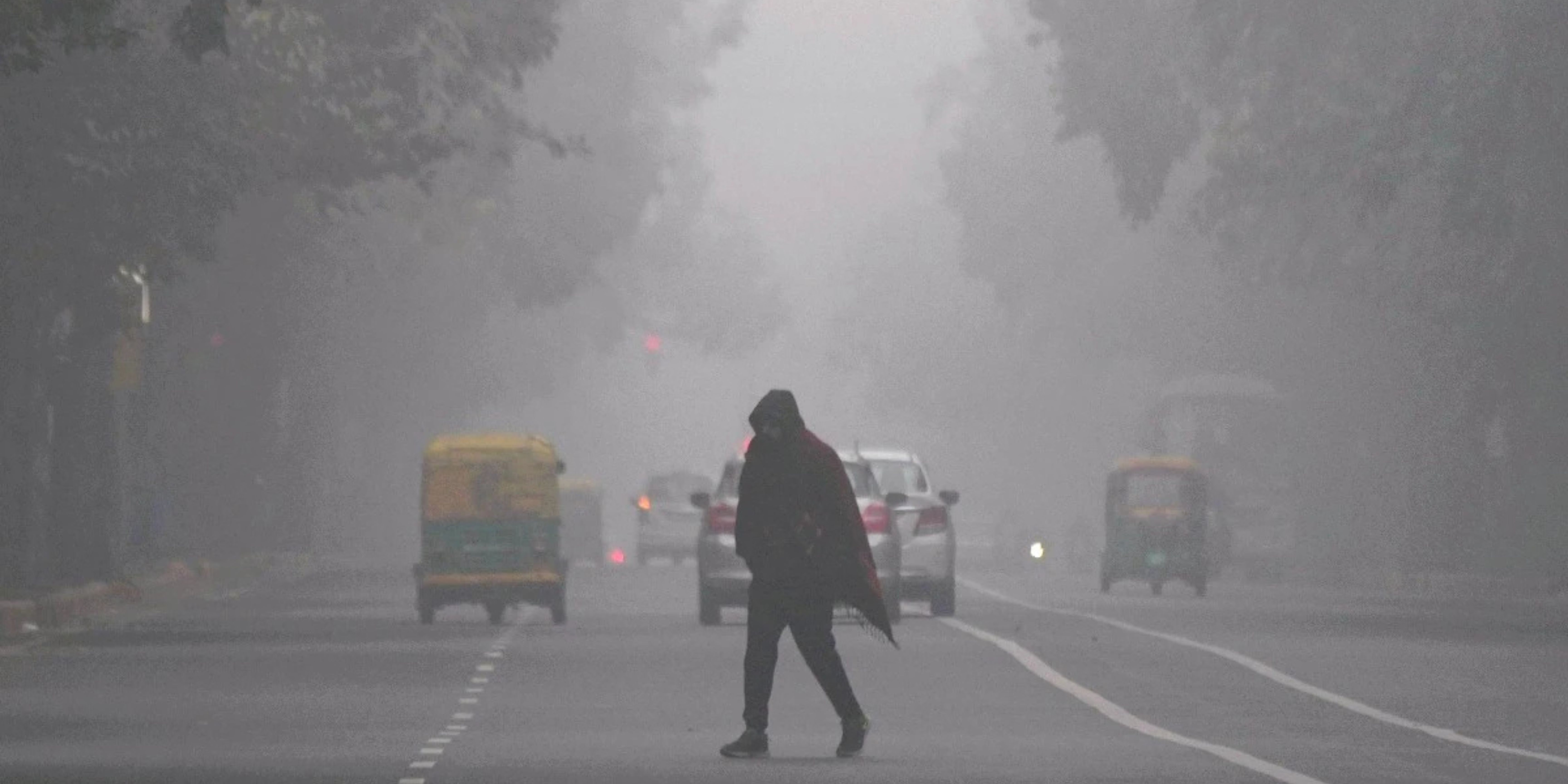


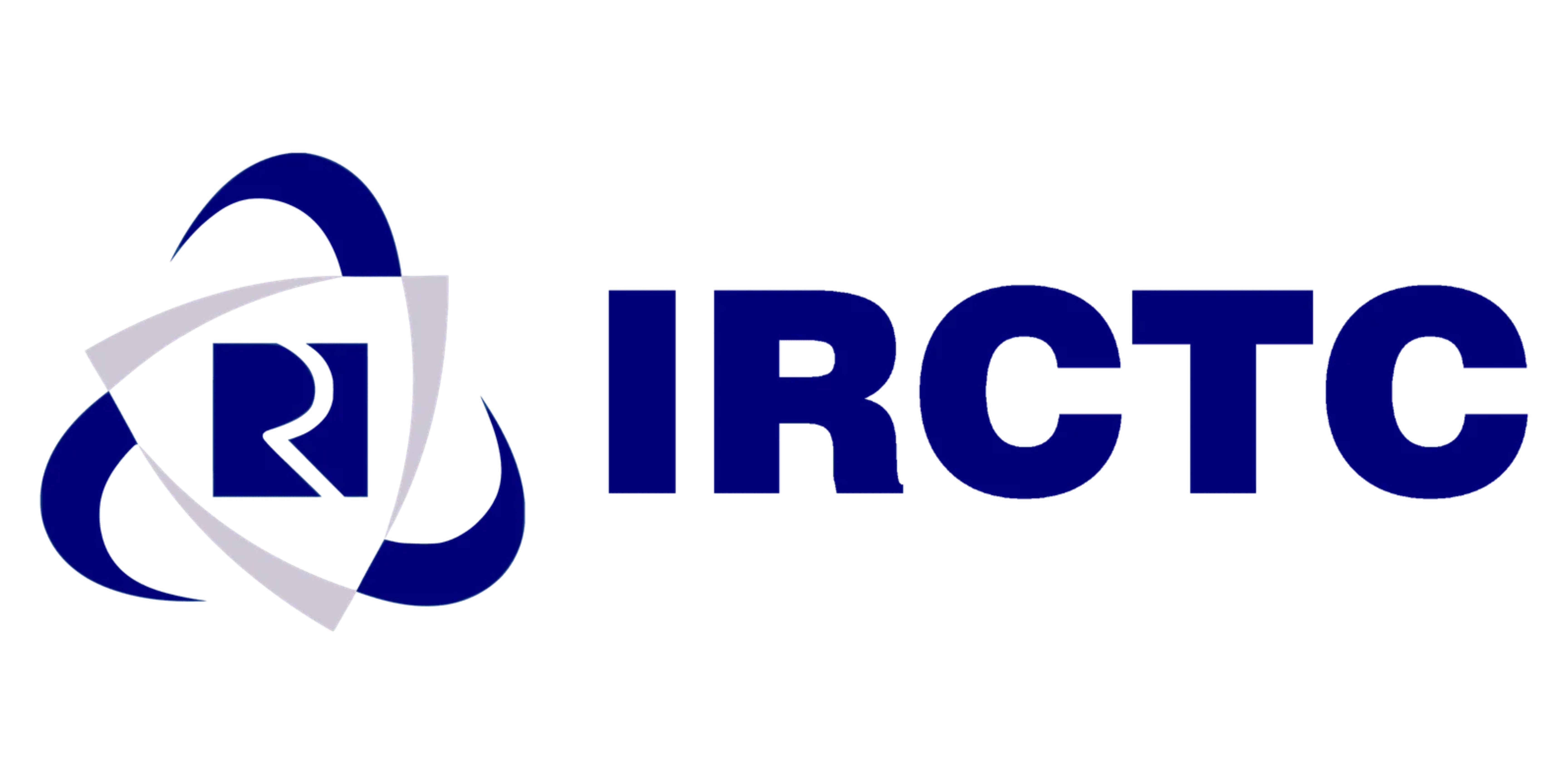
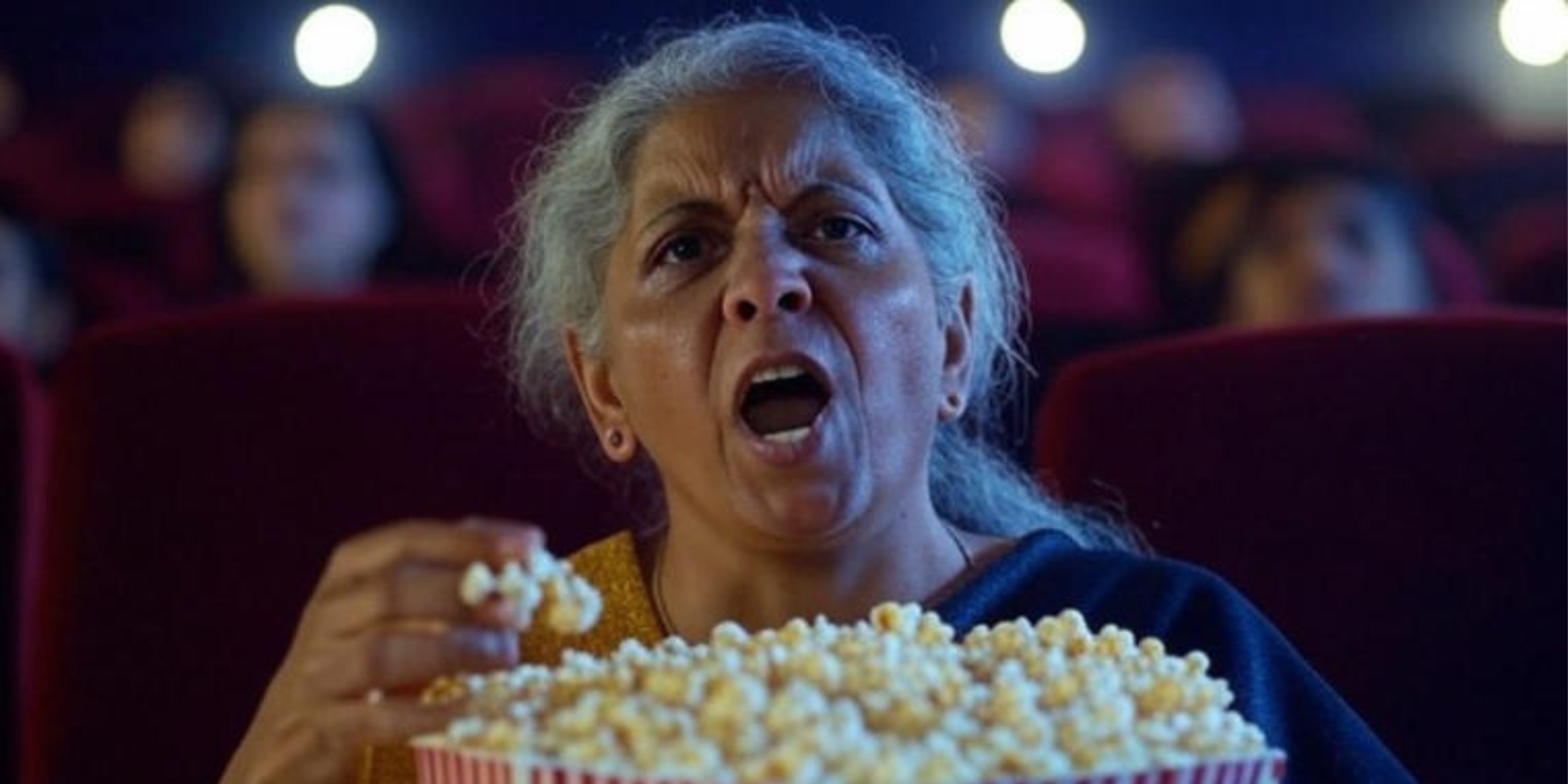
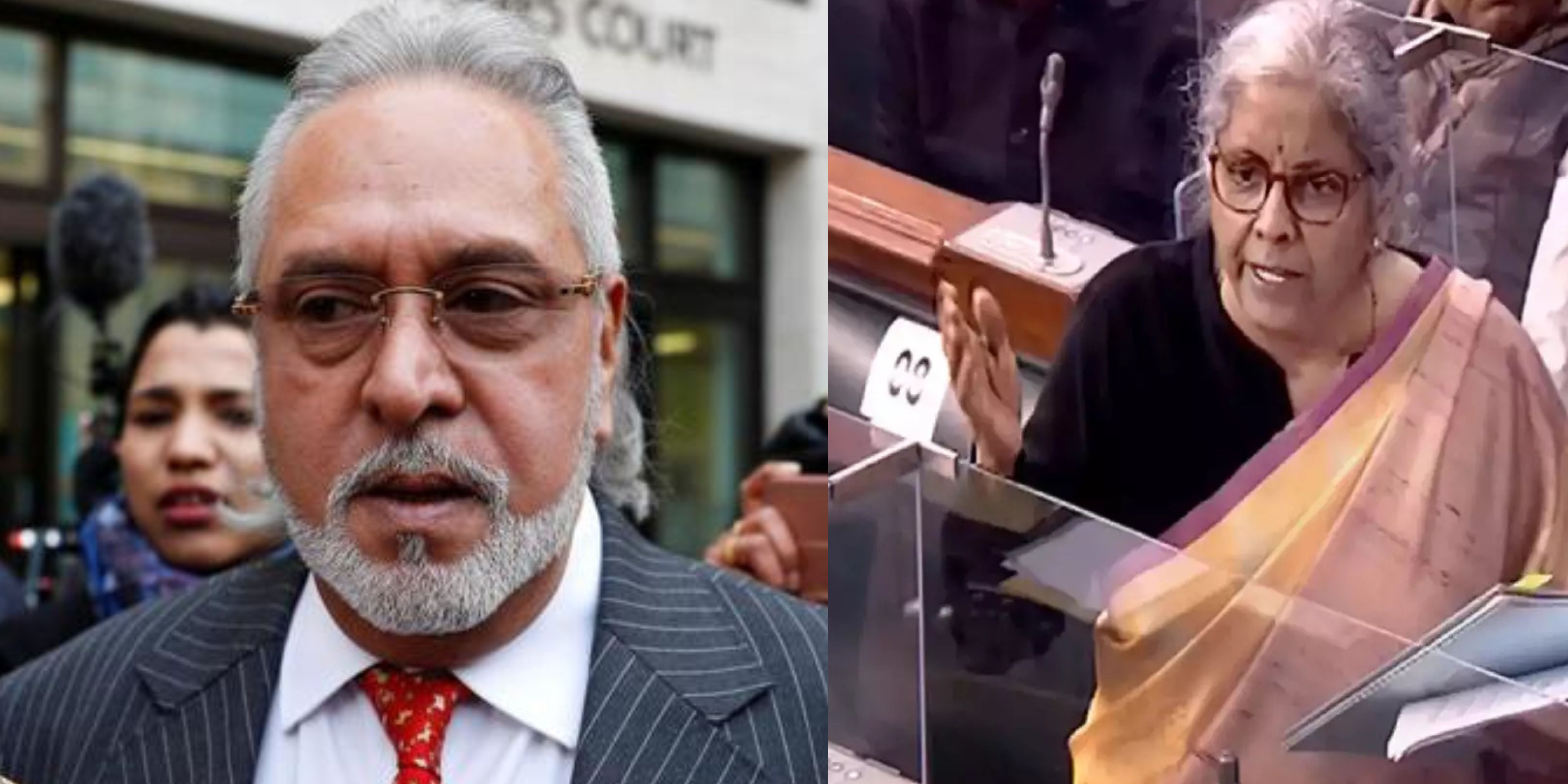

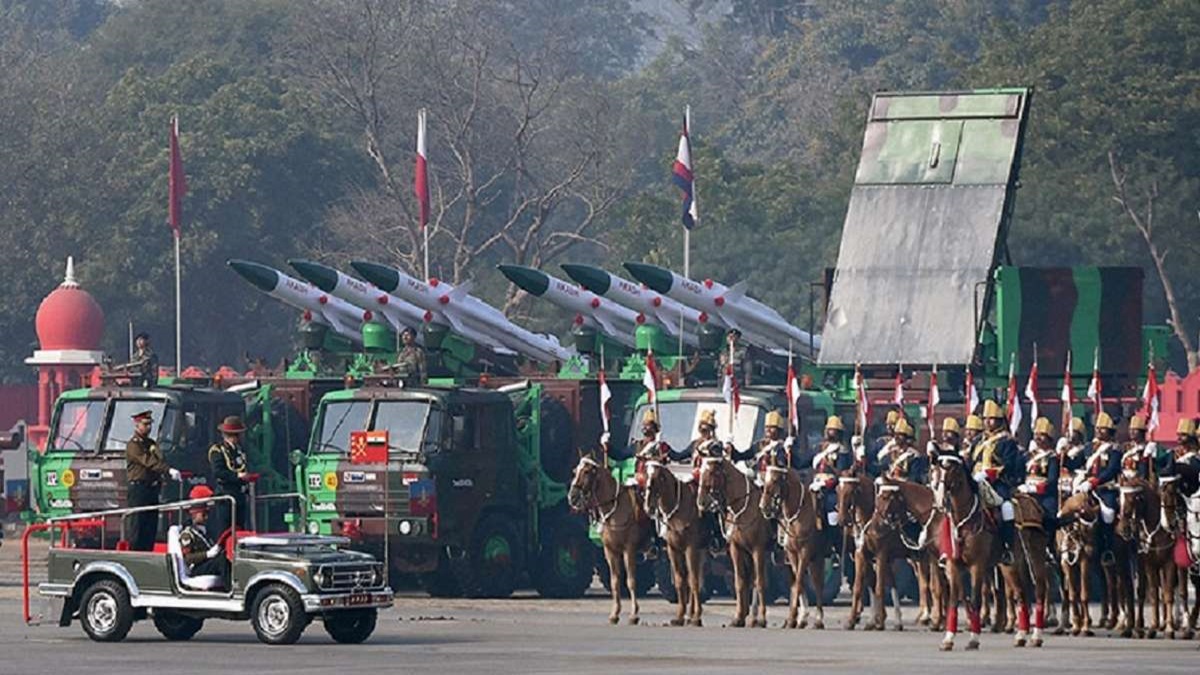

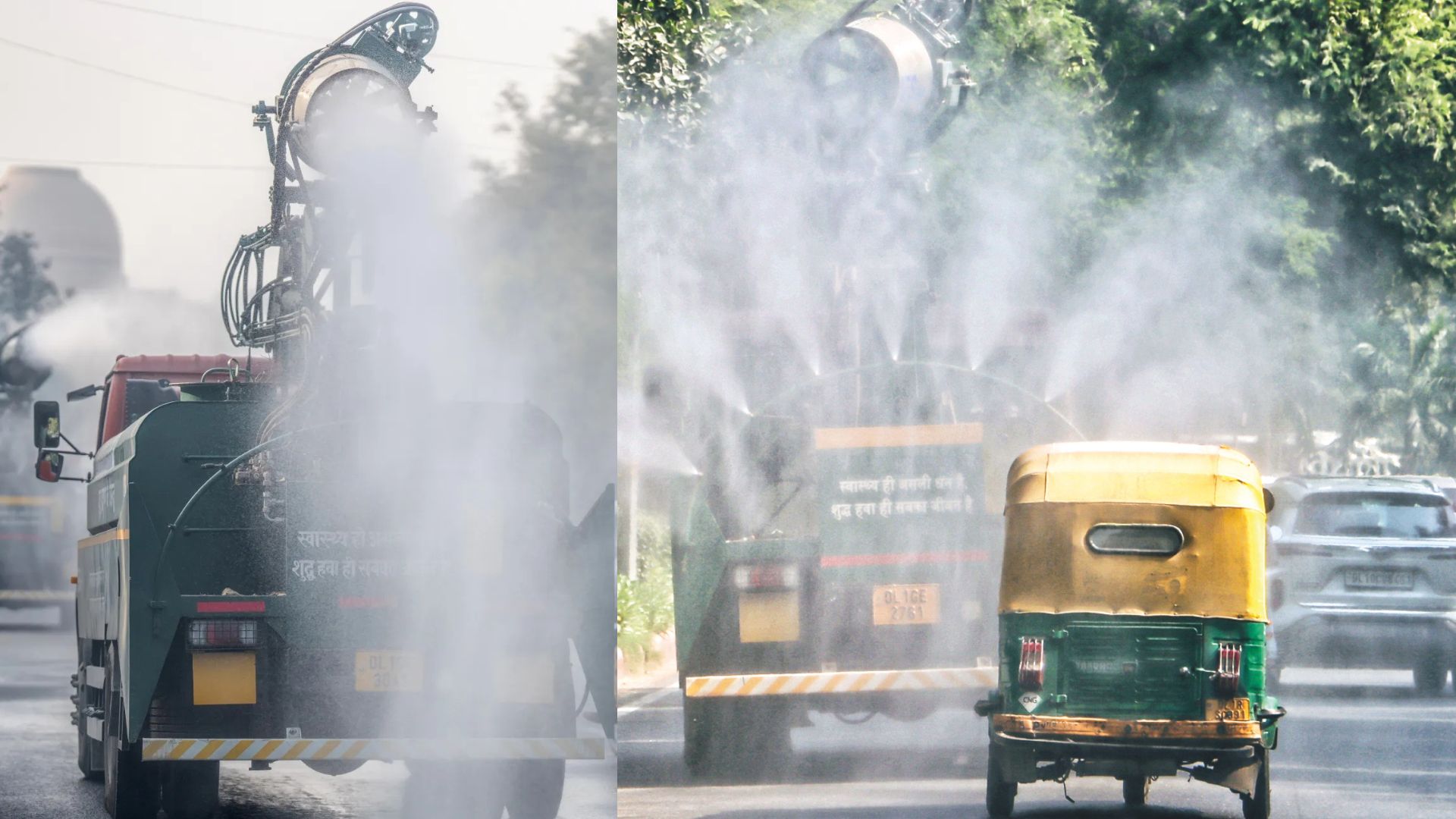
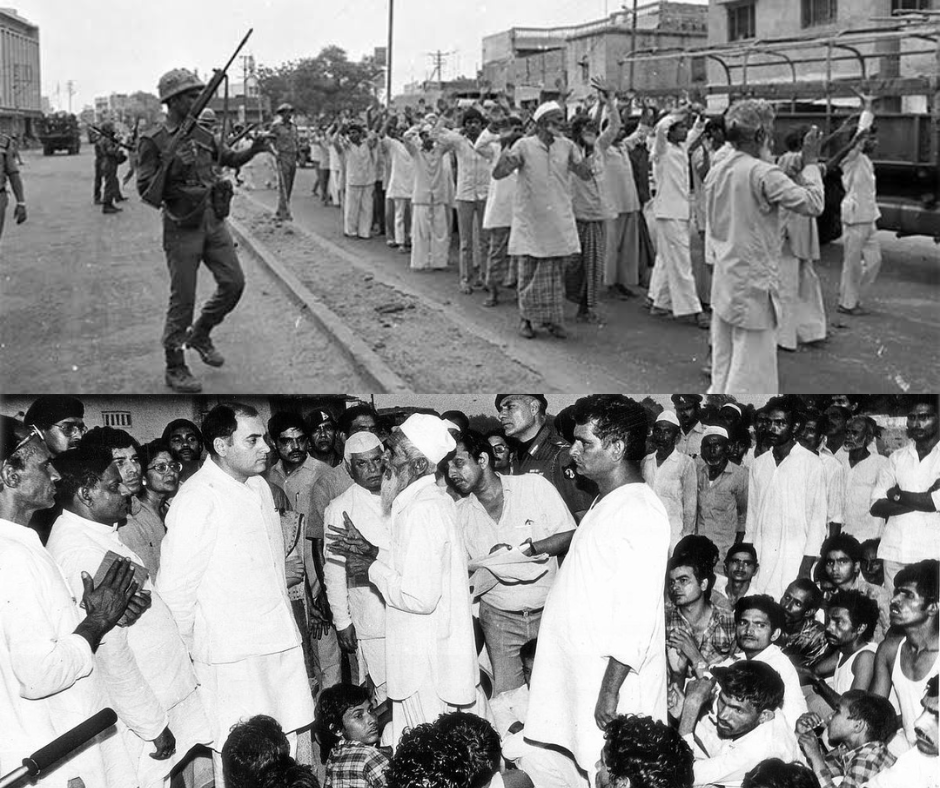
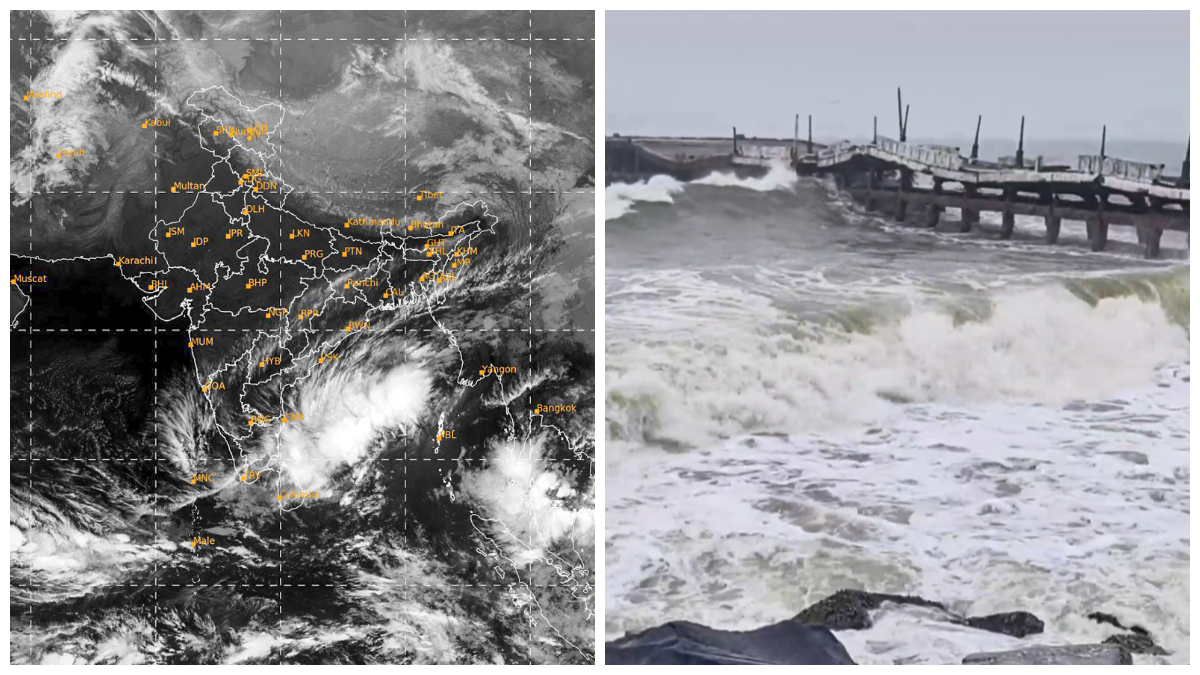

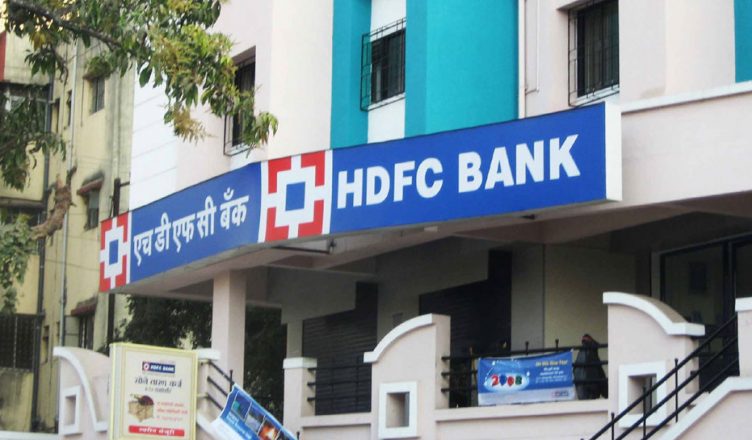

.jfif)
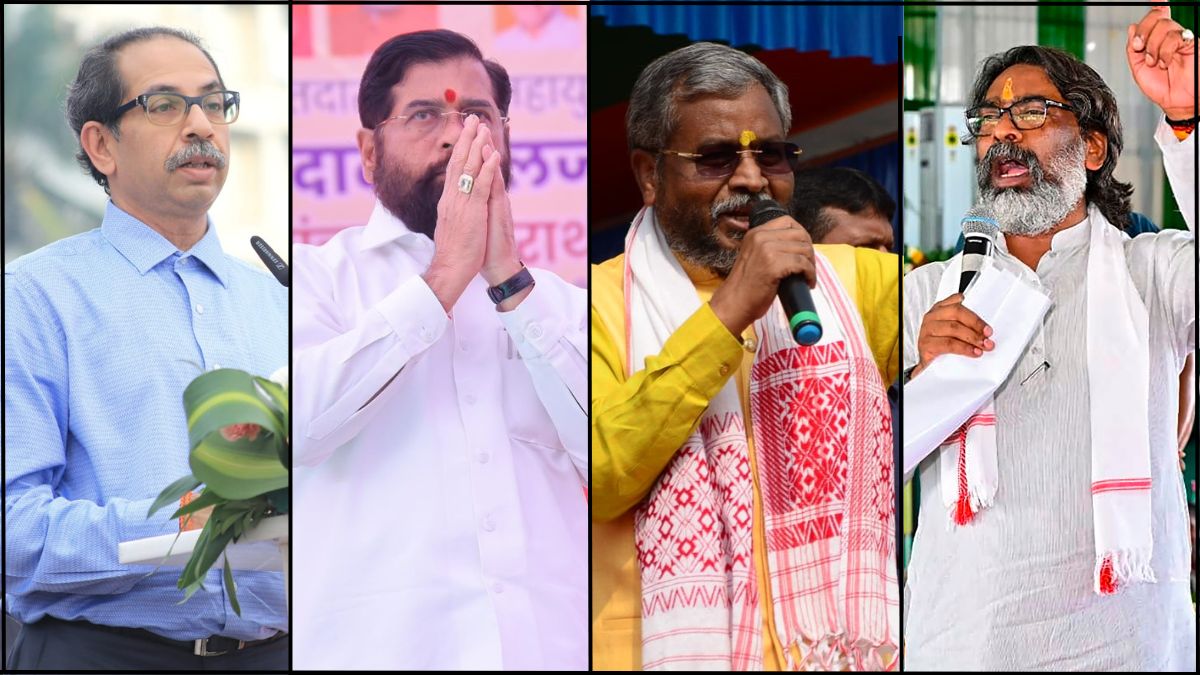


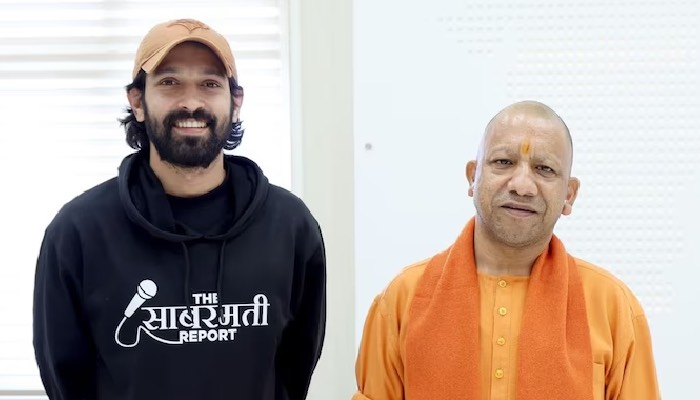
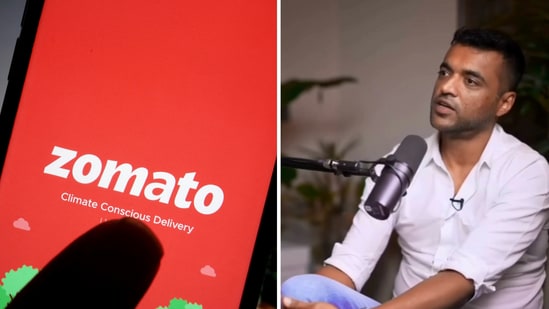
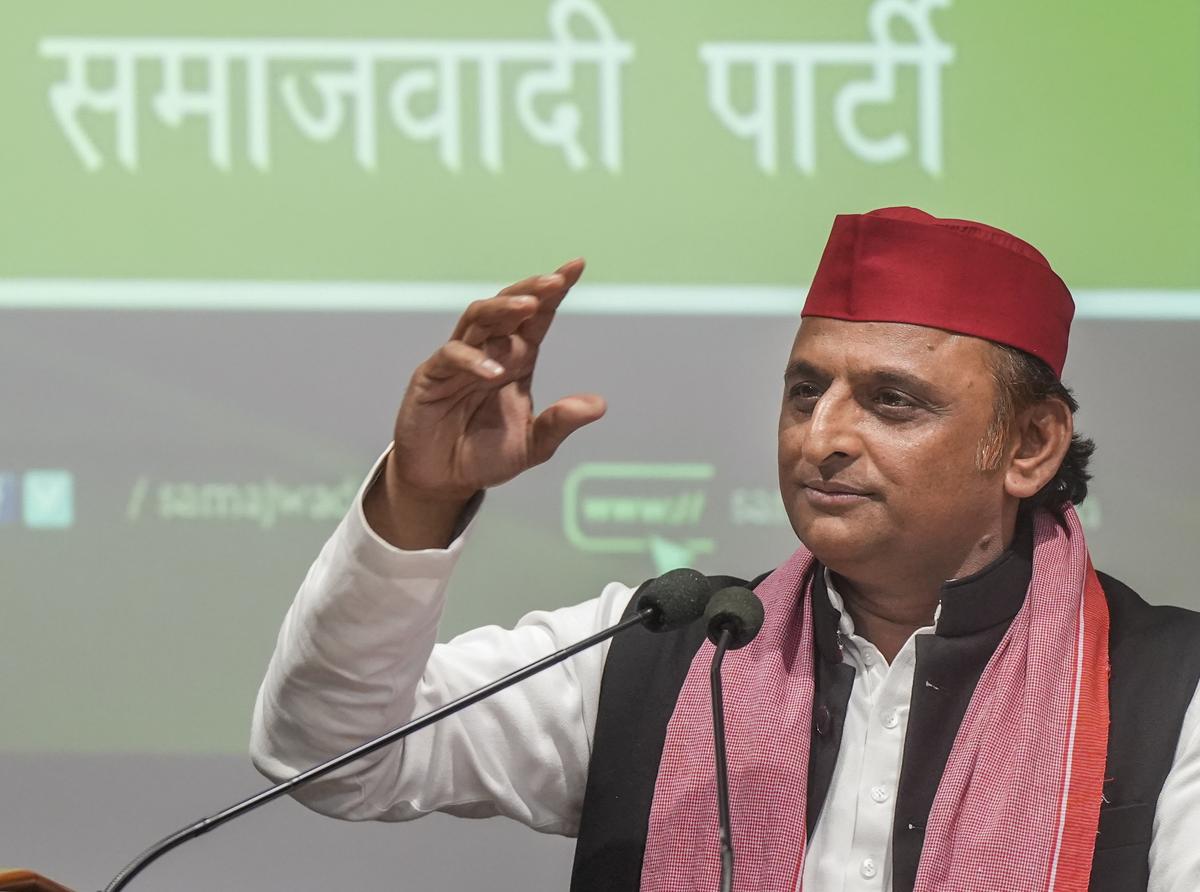

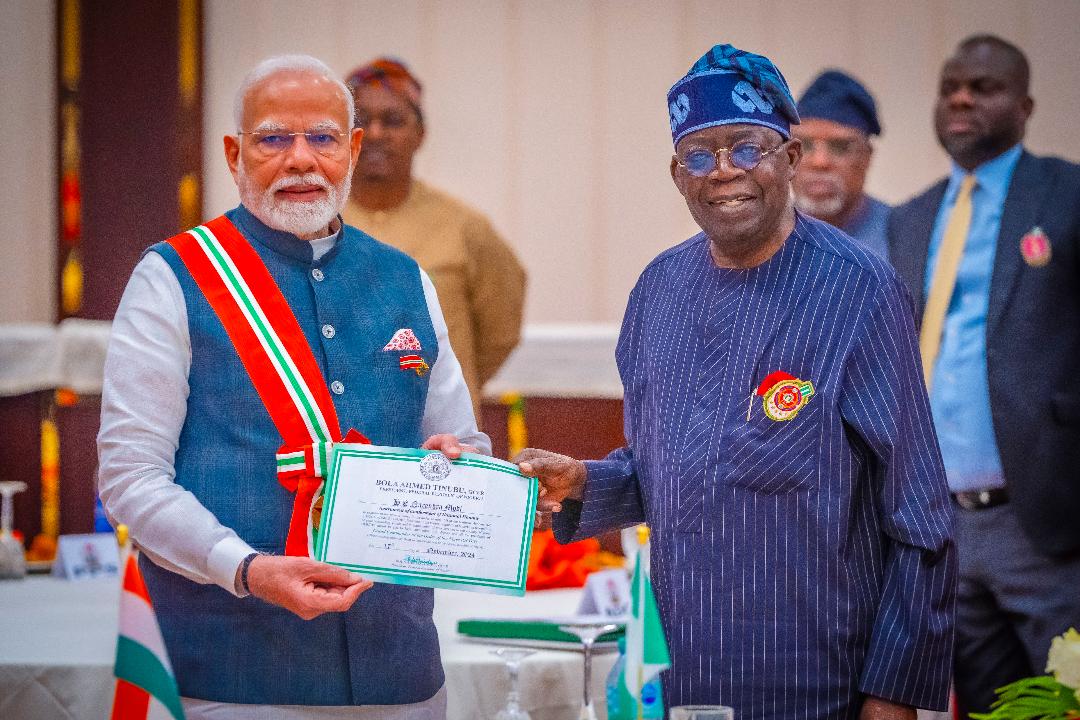

.jpg)



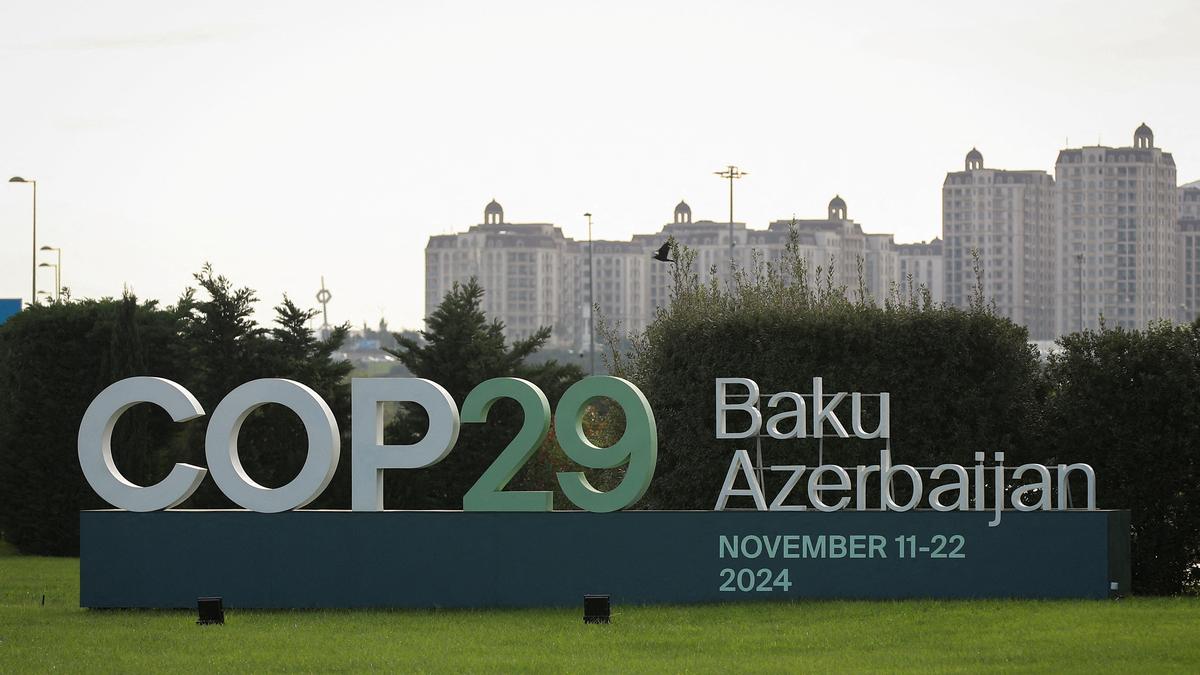


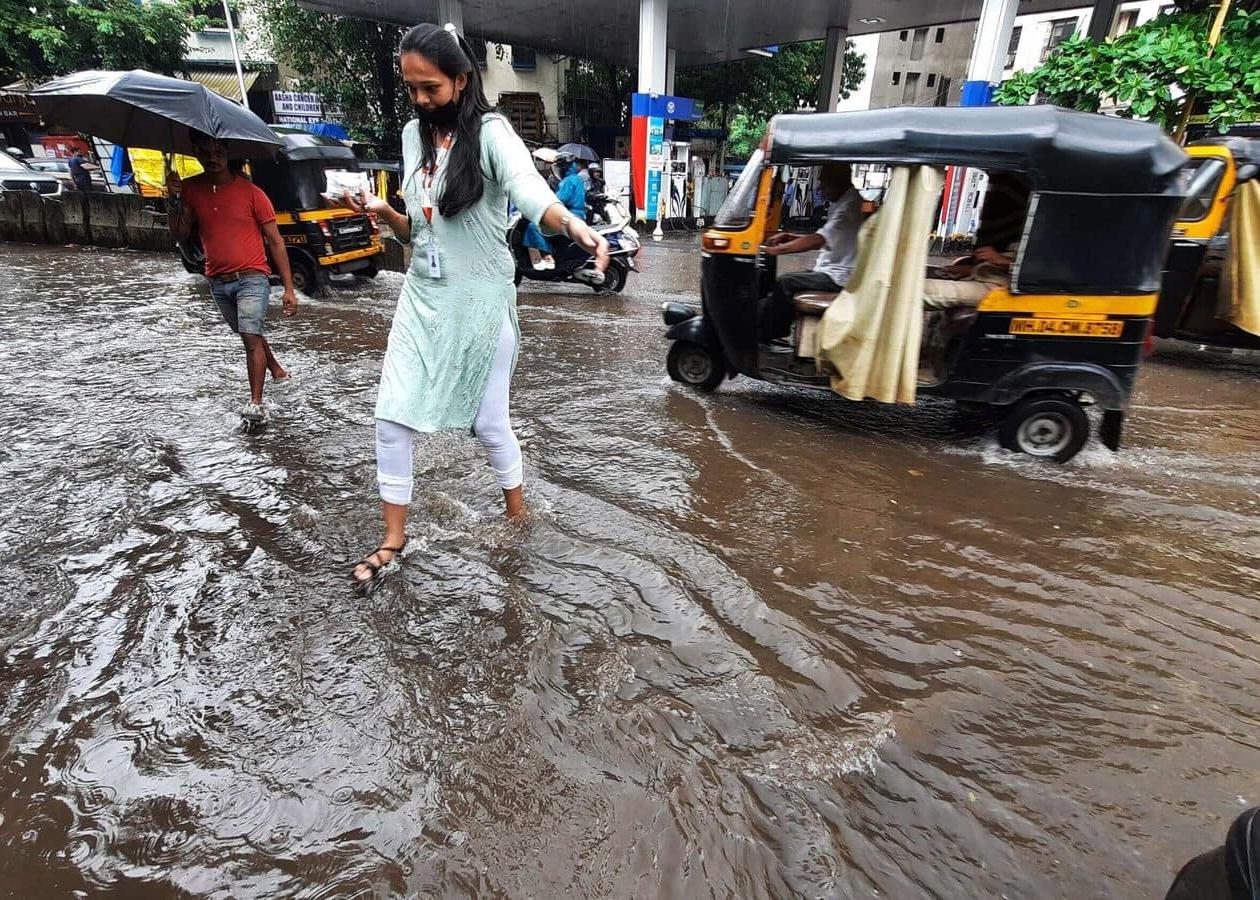
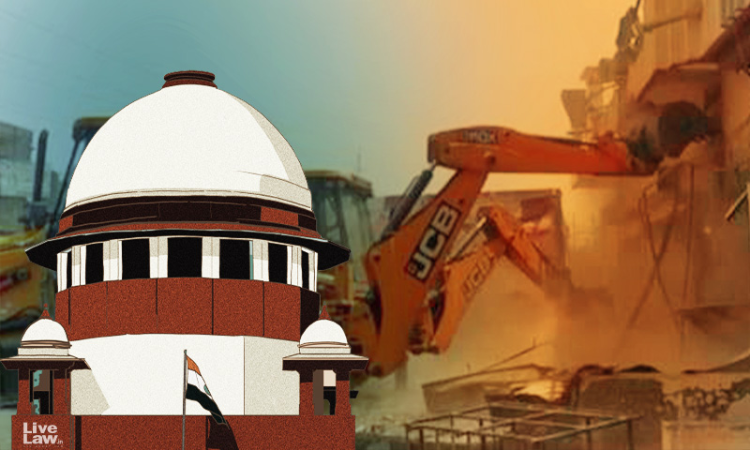
























































































.png)
 (1).png)























